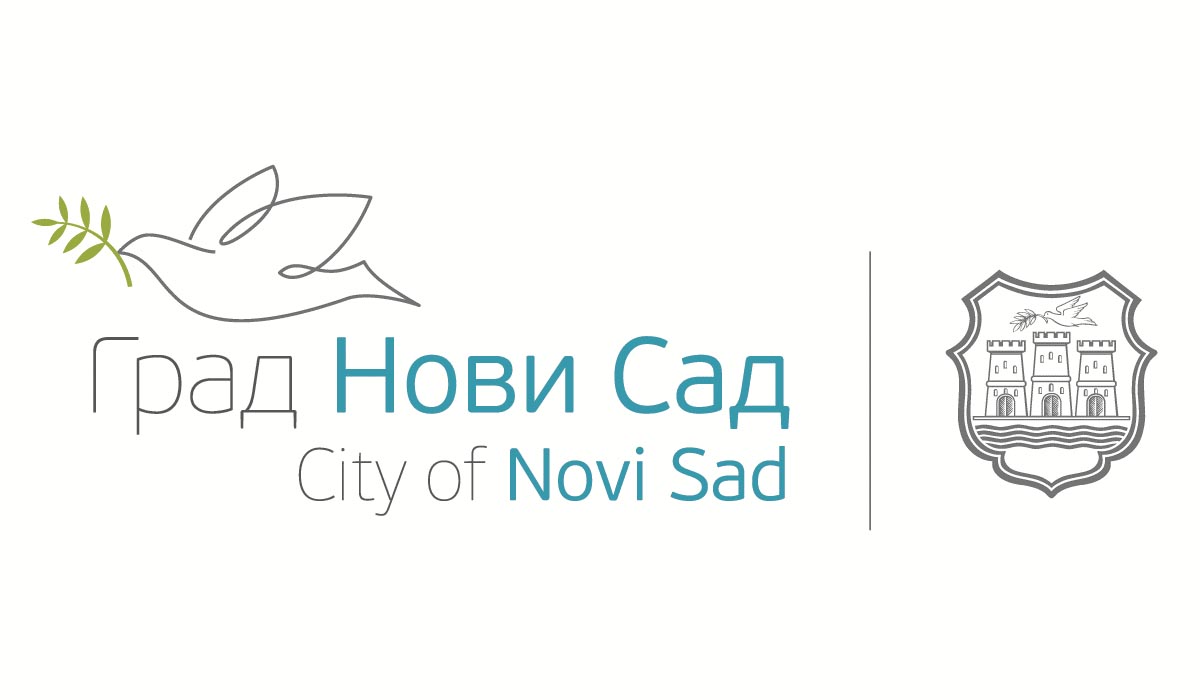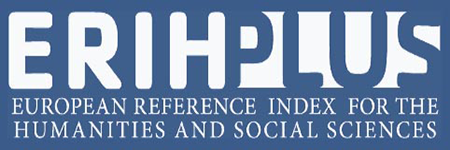STUDIES IN NELEID ANTHROPONYMY II: THE HEROIC NAME THRASIMEDES AS GIVEN NAME AMONG THE HELLENES
Abstract
This paper concerns the Greek heroic name Thrasymedes (Θρασυμήδης) and examines its distribution as a personal name in the ancient Greek world, from the Archaic to the Roman Imperial period. Possible reasons for choosing this heroic name for mortals have been discussed based on ample onomastic material drawn from various parts of the Greek world. Assigned to the category of heroic names, the name Thrasymedes was quite widely found in several areas of the ancient Greek world, mainly in the Classical and Hellenistic periods. It could sound to the Greeks as a good Panhellenic name, but its popularity can also be explained with possible Neleid associations. The hero Thrasymedes was a son of Nestor and accompanied his father to the Trojan War. He was also among the warriors inside the Wooden Horse in later tradition, and returned successfully to Pylos, where he welcomed Telemachos in the Odyssey. After the death of his father, Thrasymedes ruled the kingdom of Pylos, but his descendants, along with the other Neleids, were forced to leave the Peloponnese by the invading Dorians, and settled in Attica. Claiming descent from heroes of Greek myth had been a traditional way for Greek aristocrats to articulate their social superiority. Thus, for example, a grandson of Thrasymedes, Alkmaion, the son of Syllos, became the progenitor of the noble Athenian family of the Alkmaionidai.
The name Thrasymedes as a good Neleid name could be acceptable to the Ionians especially, hence its popularity in Attica, Ionia, and some of the Aegean Islands. Although the name seems to reflect the aristocratic attitudes of the upper classes, its popularity in Athens of the Classical period (over twenty attestations), can be explained primarily with its basic meaning and expectations from the bearer of the name. Like other names derived from the adjective ϑρασύς (“audacious, courageous, bold, resolute”, but see an equally characteristic second component -μήδης) the heroic name Thrasymedes refers to the characteristics a successful warrior and statesman should have. The names of Θρασυ- type, in general, provide important contribution to our understanding of Greek naming practices. These names well correspond to the restless spirit of the Classical period Athenians that led Athens to create an empire, because they reflect those characteristics of the citizens which were much respected in the democracy – decisive and energetic actions and readiness to sacrifice private considerations for the sake of public good.
Leaving aside Athens, there are frequent attestations of the name Thrasymedes on the islands of the Aegean Sea, especially on Rhodes, while they are rare in the Peloponnese and Western Greece. It is not a surprise that the heroic name Thrasymedes is mostly found in anthroponymy of the island of Rhodes, because it is exceptionally richly documented and the unified state of Rhodes, as a large economic and trading centre of the Hellenistic world, maintained intensive economic and political relations with many Greek cities in a wide area of the Mediterranean basin. The reasons for the popularity of the heroic name Thrasymedes and other Neleid names on the island of Rhodes might also be connected with finding “fictive kinship ties“ (συγγένεια) and friendship of the Rhodians with those Greeks who could have been considered, by standards of the Hellenistic period, Nestor’s descendents. From the fourth century B.C. those were, first of all, the Messenians. Nestor and his sons were so prominent in the Homeric epics and since the fifth or fourth century at the latest their kingdom was widely identified with Messenia and Pylos with Koryphasion. These supposed historical and pseudo–historical connections between the Rhodians and the Messenians could explain frequent attestations of the name Thrasymedes, as well as of the other Neleid names (Nestor, Antilochos, Peisistratos) as personal names on the island of Rhodes, especially in the Hellenistic period.












